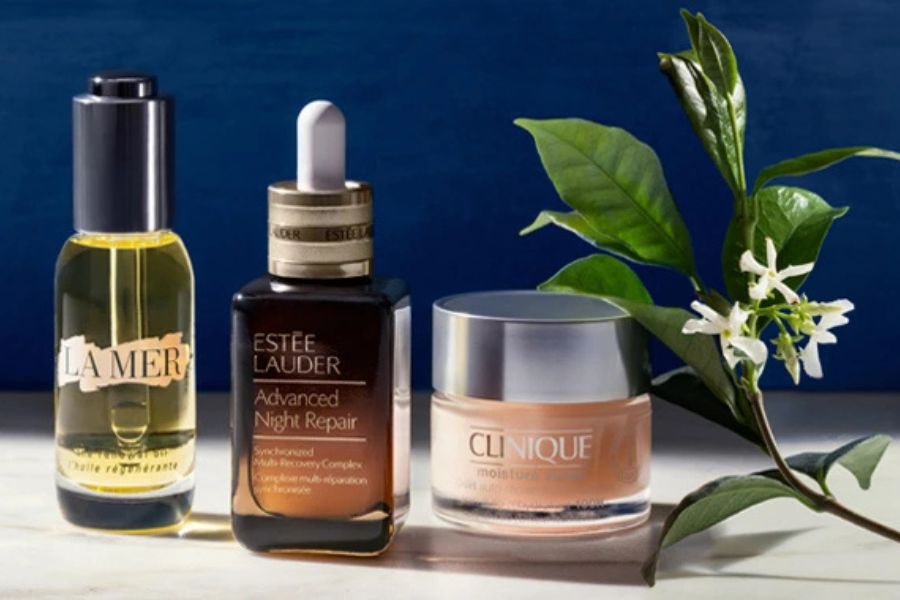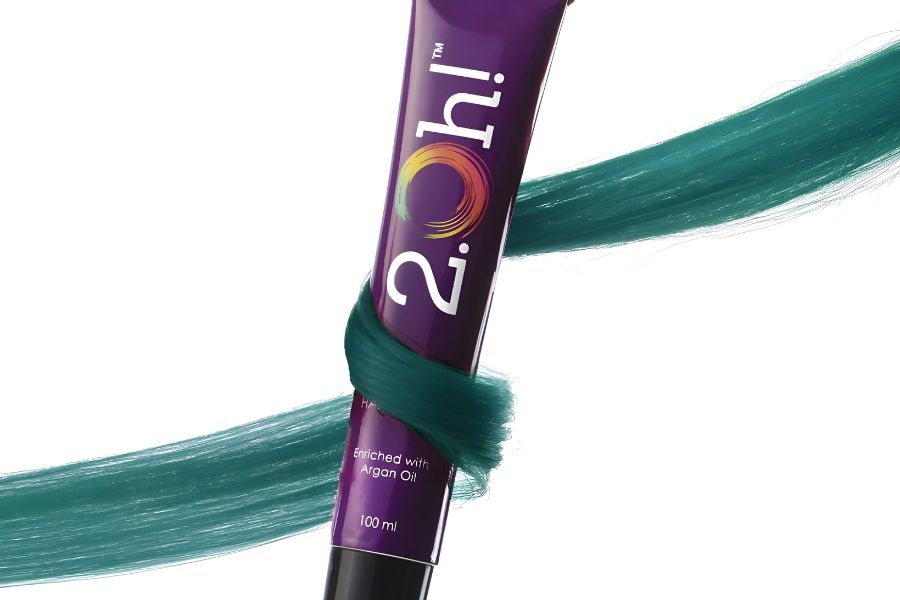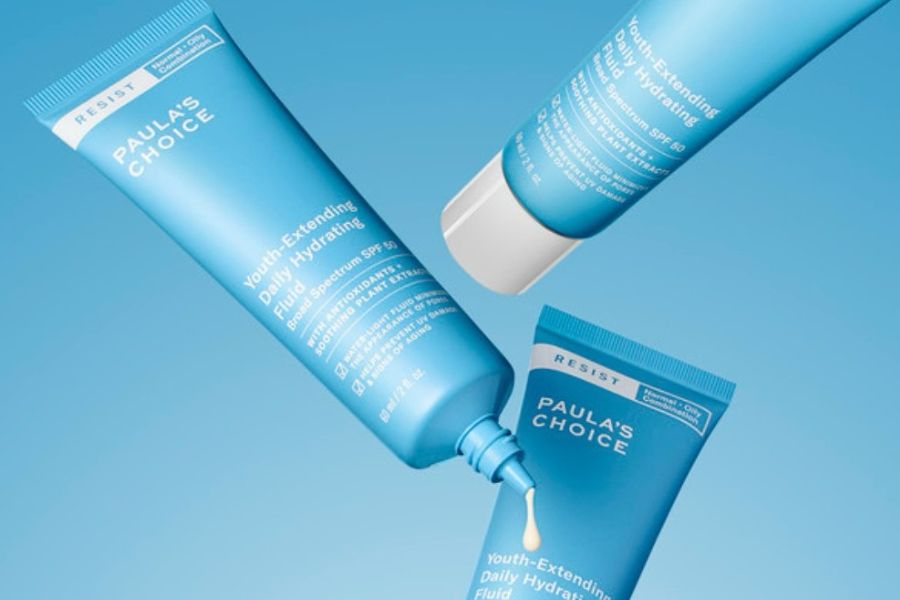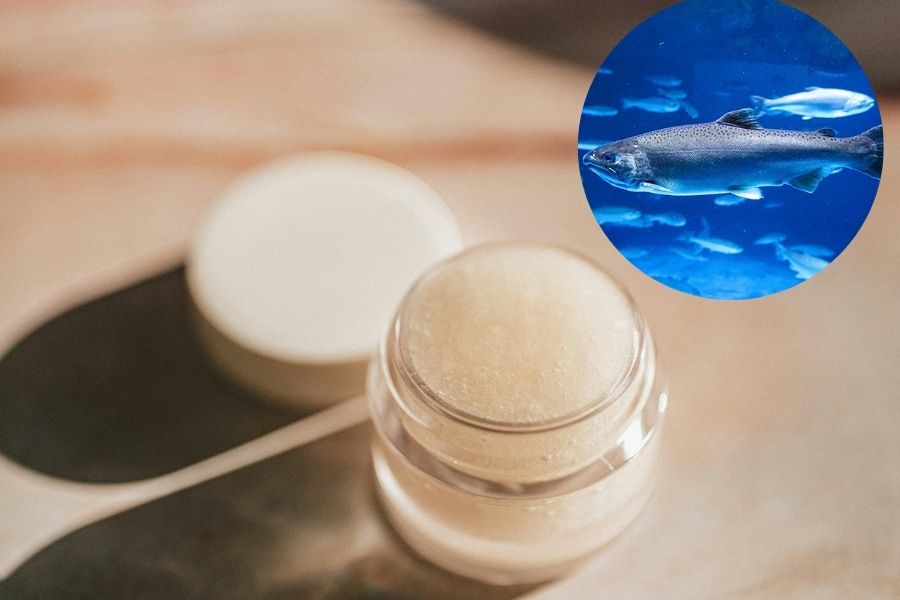Estée Lauder Companies (ELC) has collaborated with Massachusetts Institute of Technology (MIT) to research and develop sustainable ingredients in cosmetics and for sun protection. Dr. Robert Langer, a biotechnology wizard and engineering scientist, and Dr. Ana Jaklenec, principal investigator at MIT’s Koch Institute for Integrative Cancer Research, is undertaking this research to find new solutions to protect the skin from sun damage and finding biodegradable materials in cosmetics.
The partnership will focus on developing new biodegradable materials that can be used to create sun protection products and cosmetics that are both effective and environmentally friendly. This includes exploring new solutions to combat the effects of visible light from the sun, which can cause skin damage and premature aging.
Dr. Jaklenec recently developed a class of biodegradable materials for cosmetics which she will be testing soon. She will also explore new ways to fight the damaging effects from blue light and sun on the skin. Both the researchers will use state-of-the-art technology to develop stable, dispersible, and formulation-compatible ingredients to stop visible light from penetrating into the skin. They will also help find materials that safeguard people from visible light-induced skin pigmentation and the inherent photo damage.
Also Read: Schwarzkopf Professional Ignites Industry Dialogue at Inaugural Pro Hair Kollektiv Panel
ELC’s R&D Advanced Technology Pioneering team is working closely with Dr. Jaklenec and her team of experts, including Linzixuan (Rhoda) Zhang for these research-related projects. Dr. Langer is an advisor on this research.
Also Read: Ikonic Professional and Wella Professionals Team Up for Exclusive Hairstyling Masterclass
According to Carl Haney, Executive Vice President, Research, Product and Innovation Officer, ELC, having such research collaborations with leading scientific and academic institutions helps ELC stay on top of innovative research and sustainability efforts. Dr. Jaklenec added that for scientists it is meaningful to convert lab work into real applications. This new research collaboration will allow them to study and develop sustainable materials that help in skin advancements.







